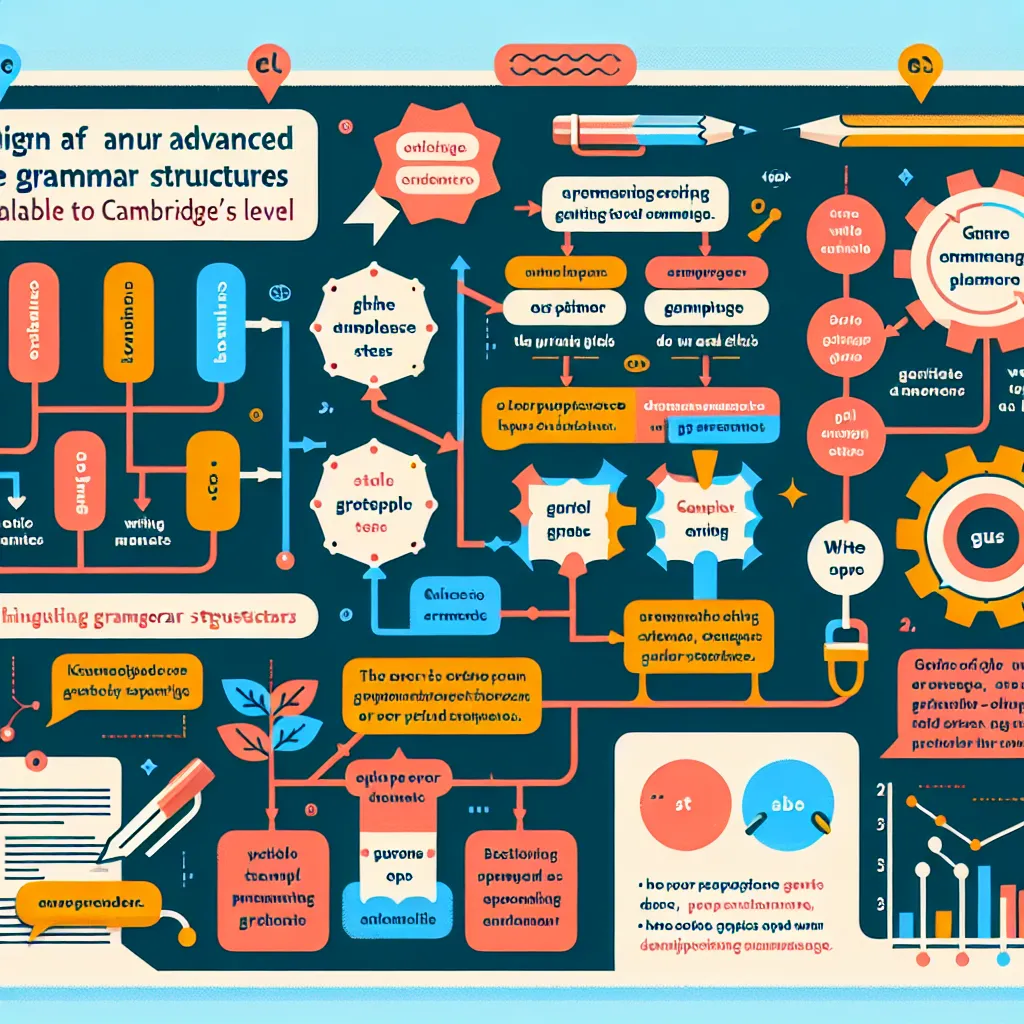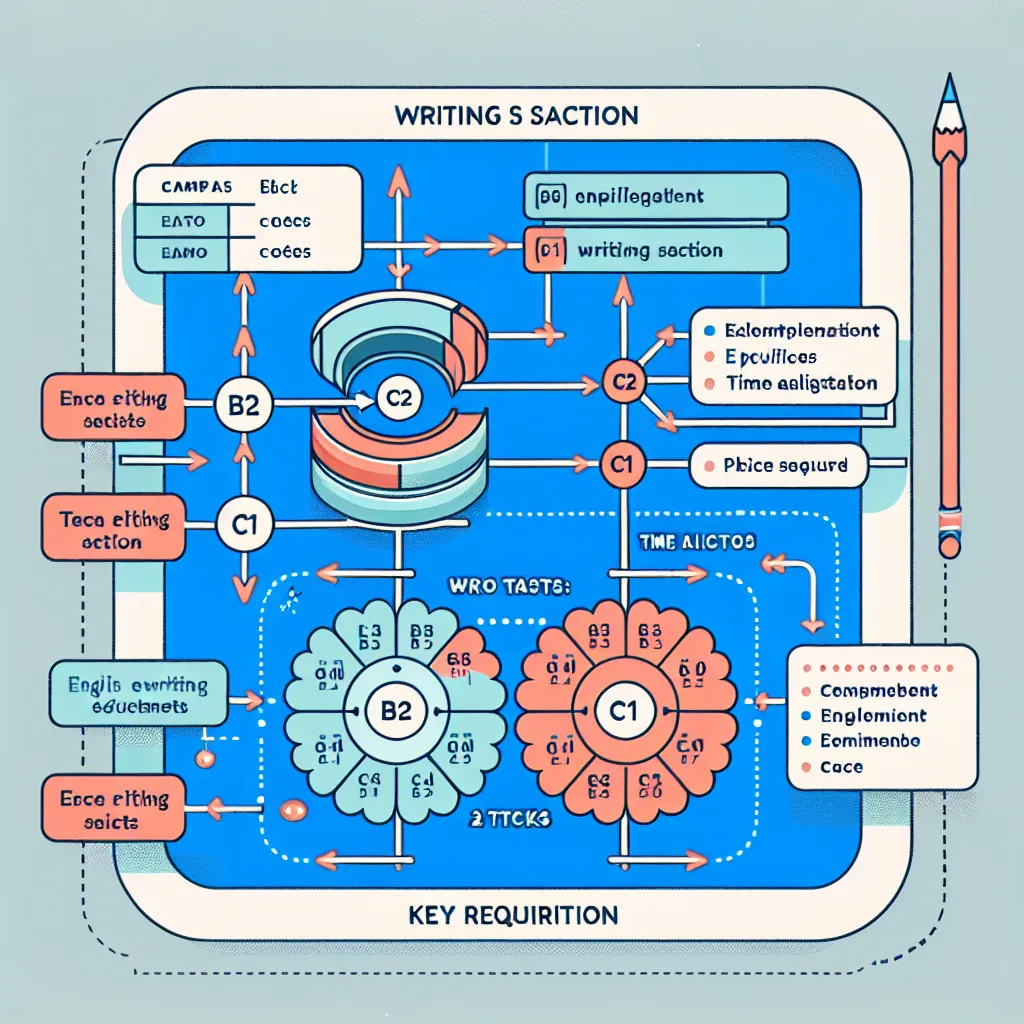Are you preparing for the Cambridge English exams and looking to enhance your writing skills? Mastering grammar is crucial for achieving a high score in the writing section. In this comprehensive guide, we’ll explore effective strategies and techniques to improve your grammar for Cambridge writing tasks.
Understanding the Importance of Grammar in Cambridge Writing
Grammar plays a pivotal role in the Cambridge writing assessment. Examiners evaluate your ability to use a wide range of grammatical structures accurately and appropriately. Strong grammar skills not only help you express your ideas clearly but also demonstrate your language proficiency.
 Cambridge Writing Assessment
Cambridge Writing Assessment
The Impact of Grammar on Your Score
In Cambridge writing tasks, grammar accounts for a significant portion of your overall score. Examiners assess your grammatical range and accuracy, which includes:
- Variety of sentence structures
- Correct use of tenses
- Agreement between subjects and verbs
- Proper use of articles and prepositions
- Accurate word order
Improving your grammar can directly lead to higher scores and better performance in the Cambridge exams.
Effective Strategies to Enhance Your Grammar Skills
1. Identify Your Weaknesses
The first step in improving your grammar is to identify your weak areas. Here’s how:
- Take practice tests and analyze your mistakes
- Ask a teacher or language partner for feedback
- Use online grammar diagnostic tools
Once you’ve pinpointed your weaknesses, you can focus on specific areas that need improvement.
2. Study Grammar Rules Systematically
To build a strong foundation, study grammar rules systematically:
- Use a comprehensive grammar book designed for Cambridge exam preparation
- Focus on one grammar topic at a time
- Practice exercises related to each grammar point
- Review and revise regularly to reinforce your learning
Try our Cambridge Grammar Essentials course for a structured approach to grammar learning
3. Read Extensively
Reading is an excellent way to improve your grammar naturally. Consider the following tips:
- Read a variety of texts, including newspapers, academic articles, and literature
- Pay attention to sentence structures and grammar usage in different contexts
- Keep a notebook to jot down interesting grammatical constructions you encounter
4. Practice Writing Regularly
Consistent writing practice is key to improving your grammar skills:
- Set aside time each day for writing exercises
- Experiment with different types of writing tasks (essays, reports, letters)
- Use a variety of grammatical structures in your writing
- Proofread your work carefully, focusing on grammar
5. Use Online Resources and Tools
Take advantage of the wealth of online resources available:
- Grammar websites with interactive exercises
- YouTube tutorials on specific grammar points
- Language learning apps with grammar modules
- Online grammar checkers (use cautiously and as a learning tool)
Explore our curated list of online grammar resources for Cambridge exam preparation
Common Grammar Mistakes to Avoid in Cambridge Writing
Being aware of common grammar errors can help you avoid them in your writing. Here are some frequent mistakes:
- Incorrect subject-verb agreement
- Misuse of tenses, especially in conditional sentences
- Wrong word order in complex sentences
- Improper use of articles (a, an, the)
- Confusion between similar words (e.g., affect/effect, their/there/they’re)
Tips for Error Prevention
- Double-check your writing for these common errors
- Create a personal checklist of your frequent mistakes
- Practice identifying and correcting errors in sample texts
Advanced Grammar Techniques for Higher Scores
To achieve top scores in Cambridge writing, consider incorporating these advanced grammar techniques:
- Use a mix of simple, compound, and complex sentences
- Employ a range of tenses accurately, including perfect and continuous forms
- Incorporate passive voice where appropriate
- Use conditional structures effectively
- Include relative clauses to add detail and complexity
 Advanced Grammar Techniques
Advanced Grammar Techniques
Practical Exercise: Sentence Transformation
Try this exercise to practice advanced grammar:
Rewrite the following sentence in five different ways, using various grammatical structures:
“The company increased its profits last year.”
- Passive voice: “Profits were increased by the company last year.”
- Present perfect: “The company has increased its profits since last year.”
- Relative clause: “The company, which had struggled previously, increased its profits last year.”
- Conditional: “If the company had not changed its strategy, it would not have increased its profits last year.”
- Participle clause: “Having implemented new strategies, the company increased its profits last year.”
Test your grammar skills with our Cambridge Writing Grammar Challenge
Incorporating Grammar Practice into Your Daily Routine
Consistency is key when improving your grammar. Here are some ways to make grammar practice a daily habit:
- Set specific grammar goals for each week
- Use grammar apps during your commute or free time
- Join online grammar forums or study groups
- Keep a grammar journal to track your progress
- Teach grammar concepts to others to reinforce your understanding
Conclusion: The Path to Grammar Mastery
Improving your grammar for Cambridge writing is a journey that requires dedication and consistent practice. By following the strategies outlined in this guide, identifying your weaknesses, and focusing on advanced techniques, you can significantly enhance your grammar skills and boost your performance in the Cambridge exams.
Remember, mastering grammar is not just about memorizing rules; it’s about understanding how language works and applying that knowledge effectively in your writing. Stay motivated, practice regularly, and don’t be afraid to make mistakes – they’re an essential part of the learning process.
Do you have any specific grammar challenges you’re facing in your Cambridge exam preparation? Share your experiences in the comments below, and let’s work together to improve our grammar skills!




